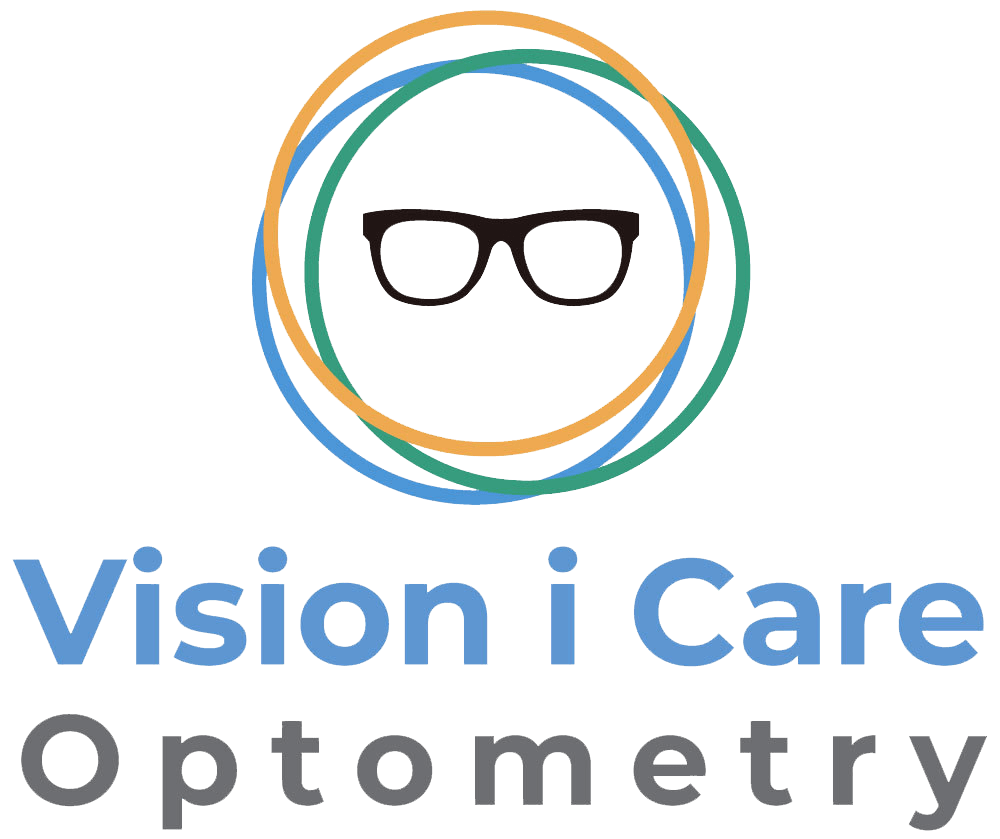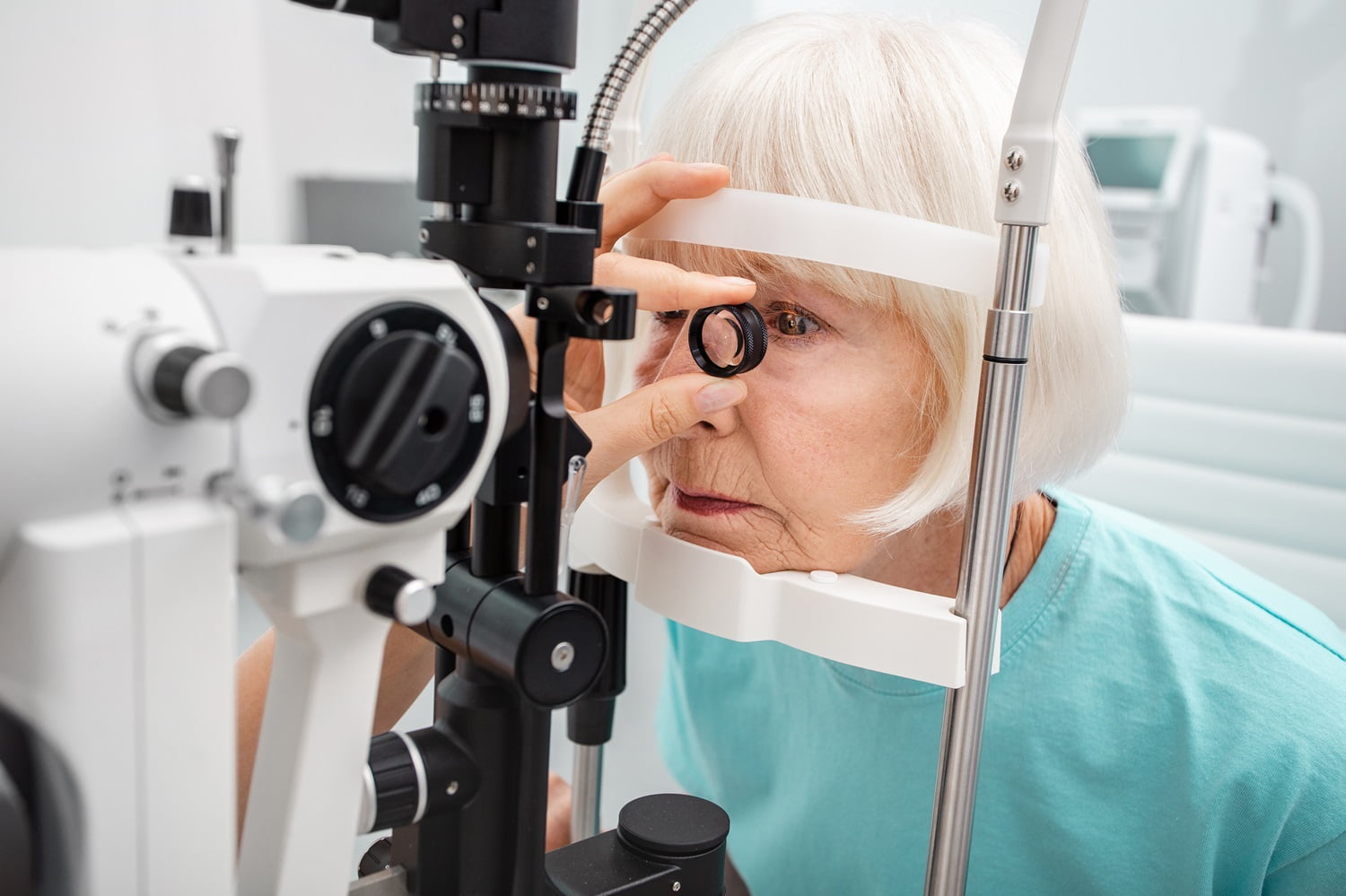Understanding Glaucoma
Signs and Symptoms: Glaucoma damages the optic nerve, resulting in gradual vision loss, starting with peripheral vision. Unfortunately, any lost vision cannot be restored.
Types of Glaucoma:
- Primary Open-Angle Glaucoma (POAG): Progresses gradually without noticeable symptoms initially.
- Normal-Tension Glaucoma: Intraocular pressure remains normal, linked to insufficient blood flow to the optic nerve.
- Angle-Closure Glaucoma: Sudden symptoms include blurred vision, halos, eye pain – a medical emergency requiring immediate attention.
- Congenital Glaucoma: Present at birth, diagnosed early with symptoms like excessive tearing or haziness.
- Secondary Glaucomas: Resulting from surgeries, injuries, or medical conditions like cataracts, tumors, or uveitis, secondary glaucomas demand vigilant management.
Pigmentary Glaucoma: A rare form where pigment shedding from the iris obstructs fluid drainage, causing inflammation.


